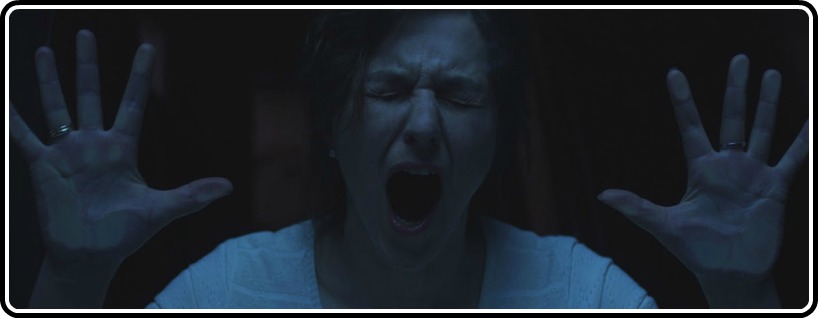With festival season all but done, and foreign language Oscar submissions now confirmed, awards season is not only in full effect, but a handful of these hotly talked about pieces of world cinema are heading stateside for viewers to dig through in anticipation of next year’s Oscar ceremony. A record 76 films have been submitted this year for the Best Foreign Language Academy Award category, and among these are a bevy of pictures that one can see right now in limited release, or will be able to enjoy soon on either home video or video on demand.
One of these said pictures is as entrancing a cinematic poem as there has been this year, and will most certainly (or at least hopefully) be a player come nomination time.
Entitled The Wall, the film comes to us from director Julian Polsler, and taking inspiration from one of Austria’s most beloved cult novels from writer Marlen Haushofer, the film is a rightly lyrical and densely provocative meditation on just what it means to truly, and in many ways spiritually, human. At the very beginning, we are introduced to the story of The Woman, a woman who is about to tell us a story. She thrusts us into a story of an event in her life, which we see in flashback for the entirety of the picture. What makes this moment so thrilling?
She arrives to an Alpine hunting lodge to get away from things. However, when she wakes up one morning, she discovers that an invisible wall has surrounded her and her home. With nothing but nature and a handful of animals including her ever faithful Lynx, she begins to believe that she may very well be the last person on this planet alive.
Not your typical “last person on an empty planet,” the film owes not only a great debt to names like Franz Kafka, but aesthetically to names like Bergman and Herzog (the latter in particular), all while striking out in a pensive and existential way all its own.
A definitive one-woman show, the film’s greatest star is, well, its only on screen star, Martina Gedeck. She plays The Woman, and gives in one of 2013’s best performances, a real tour-de-force of pure cinematic acting. With much of the film told via narration, much of the actual “acting” is through Gedeck’s mannerisms and expressions, all of which are as immersive as any performance one could hope to see this year. More nuanced than any other lead actress performance so far this year (save for arguably Juliet Binoche in the oddly similar, at least aesthetically, Camille Claudel, 1915), every single emotion is palpable told through simple glances or simple gasps given by the ever impressive Gedeck.
But director Polsler is just as intriguing a voice here. In adapting a cult feminist novel, Polsler (who wrote the film as well) crafts a screenplay that is immensely difficult conceptually to structure with any sense of forward momentum, but one that is, in execution, a dense and deeply rich character study that strives to be both intimate and intellectually expansive. Ostensibly a tale about a woman getting to the absolute base level of humanity, the film may seem pretentious, but for those who take the leap with this film, it becomes as truly exciting cinematic experience.
Aesthetically, the film is equally as entrancing. Again owing a great deal to the fiction work of directors like Werner Herzog, the film features award-worthy photography that takes these landscapes and puts them through various seasons featuring the most verdant of greens during the summers and springs and the most brooding and isolating whites during the winters, the film is also wonderfully lit with seemingly natural lighting, giving the film a haunting, Tarkovsky-esque contrast-heavy sense of style perfectly fitting of this thoughtful narrative. The camera never brings too much attention to itself, instead simply allowing the film to play out in the most lush and vibrant universe you’ll visit this year. Evocative and lingering, there are subtle moments here that will be tough to shake for those who allow themselves to be given entirely over to this esoteric meditation on the human condition and experience.
Overall, while The Wall will not be the cup of tea for everyone, those who allow this lyrical and contemplative picture to wash over them will never forget it. Truly unlike anything you’ll view this fall, Polsler’s new film is simply one of the best foreign language films of 2013, and will hopefully be remembered come Oscar nomination time.




